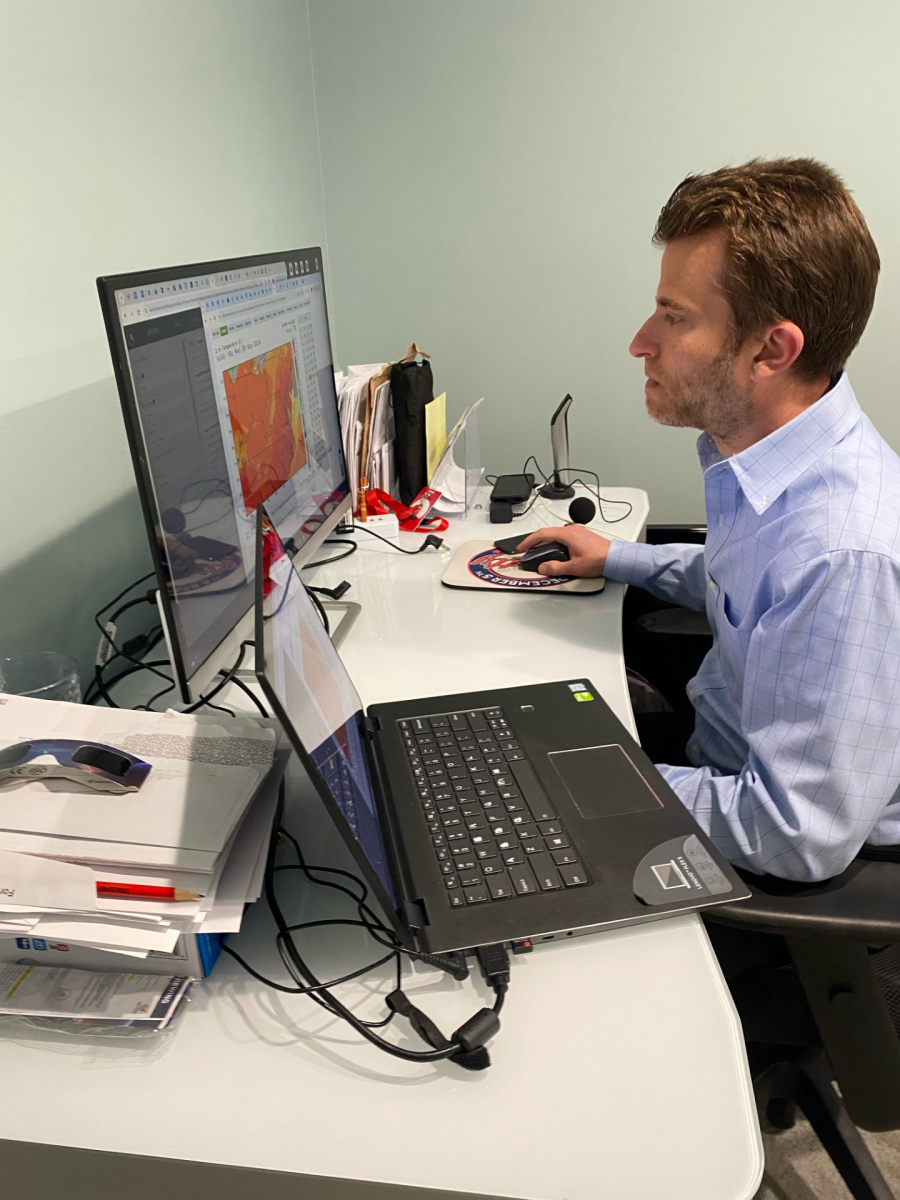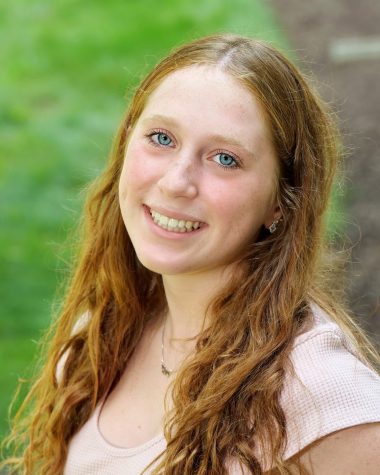Which came first: the chicken or the egg? For Upside Foods, the answer is neither.
The food technology company harvests animal cells and uses them to grow FDA-approved meat without slaughtering animals. Cultivated meat companies such as Upside Foods share a few common goals: to reduce greenhouse gas emissions from the meat industry, slaughter fewer animals and diminish the growing demand for meat, which is expected to double from 2008 by 2050, according to the Food and Agriculture Organization of the United Nations.
Amy Chen, the Chief Operating Officer at Upside Foods, noted the need for a solution to this increasing demand.
“The math doesn’t work,” Chen said. “Our planet cannot sustain a growing population that wants to eat more meat if we continue making it the way that we have always made it.”
Their proposed solution: cultivated meat.
The first step in the cultivated meat process is harvesting cells, which can be collected from various sources, such as eggs, live animals and even recently slaughtered animals.
While harvesting cells from live animals as opposed to slaughtering them draws some vegetarians and vegans to cultivated meat, it also complicates things for the Jewish community. Judaics teacher Rabbi Reuvane Slater pointed out a couple of religious issues concerning cultivated meat, including whether or not this meat is considered alive.
In Genesis, the descendants of Noah were commanded with seven laws, one of which was the forbidding of eating a limb off of a live animal.
“Normally the only time we ever eat something from an animal is after it’s been slaughtered properly,” Slater said. “But if you can extract the cell [from a live animal], would that interfere with that particular law of eating some sort of limb off of a live animal?”
Additionally, Slater raised the question of whether or not cultivated meat should be considered to be actual meat since it still comes from animals.
The next step after harvesting is cultivation, where optimal cells grow in large cultivators, which resemble the equipment of a brewery. Finally, the cells are formulated into meat.
Another important point of inquiry, Slater mentioned, is that it is forbidden to simply appear as though you are breaking halacha (Jewish law), and so eating cultivated meat with dairy in public might be problematic.
Israel Chief Rabbi David Lau declared that cultivated meat could be considered kosher. Lau determined that it should be categorized as kosher pareve, neither milk nor meat.
For vegetarians, cultivated meat still holds a moral question. Sophomore Ella Arking became a vegetarian at nine years old. Due to such a long hiatus from meat, she said that if she were to eat cultivated meat, it would “not sit well” with her. Regardless, Arking doesn’t eliminate cultivated meat as an option.
“There are ways that you can harvest the cells from the animal and grow the meat that are harmful, but there are also ways that aren’t,” Arking said. “So I think it really depends on how they’re harvesting the cells.”
Upside debuted their meat at Chef Dominique Crenn’s Atelier Crenn in San Francisco, but José Andrés also brought cultivated meat to the area at his D.C. restaurant China Chilcano.
While many are still undecided, cultivated meat is an alternative that is expected to become readily available in the coming years, with its presence in restaurants as just the beginning.
“It’ll take us a while as we think about scaling a brand new industry and a brand new approach to get to the level of impact that we want,” Chen said. “But it’s a very exciting time and place to be working on this.”










